In a sweeping national security move, President Donald Trump has signed a proclamation barring entry into the United States for nationals of 12 countries and imposing partial restrictions on seven others.
President Donald Trump has signed a proclamation prohibiting nationals from 12 countries from traveling to the United States, citing heightened national security concerns. The order was signed on Wednesday, June 4, 2025.

The countries subject to full travel bans include Afghanistan, Myanmar, Chad, Congo, Equatorial Guinea, Eritrea, Haiti, Iran, Libya, Somalia, Sudan, and Yemen. In addition, partial restrictions were imposed on nationals of Burundi, Cuba, Laos, Sierra Leone, Togo, Turkmenistan, and Venezuela.
The proclamation provides exceptions for lawful permanent residents, existing visa holders, individuals in certain visa categories, and persons whose entry would serve U.S. national interests.
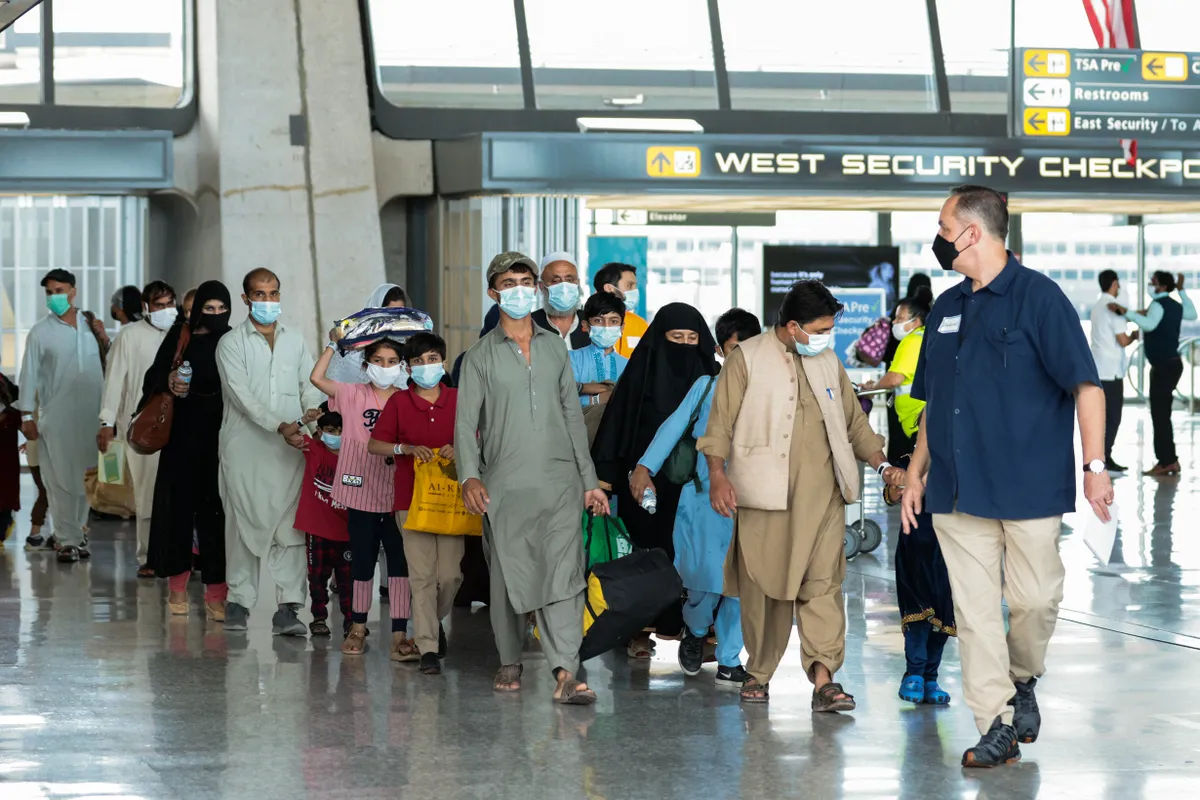
The administration described the move as country-specific, tailored to unique circumstances, and intended to prompt better cooperation from foreign governments.
Each affected country is cited for specific deficiencies. In Afghanistan, the Taliban—designated a Specially Designated Global Terrorist group—holds control, and the country lacks both a functional passport authority and proper screening mechanisms. Afghanistan also reported high visa overstay rates, including 29.30 percent for student and exchange visitors.

Myanmar showed B1/B2 visa overstay rates of 27.07 percent and a 42.17 percent overstay rate for students, while also failing to cooperate on the repatriation of its nationals.
Chad recorded one of the highest overstay rates in 2023—49.54 percent for B1/B2 visa holders—indicating what the proclamation calls “a blatant disregard” for immigration rules.
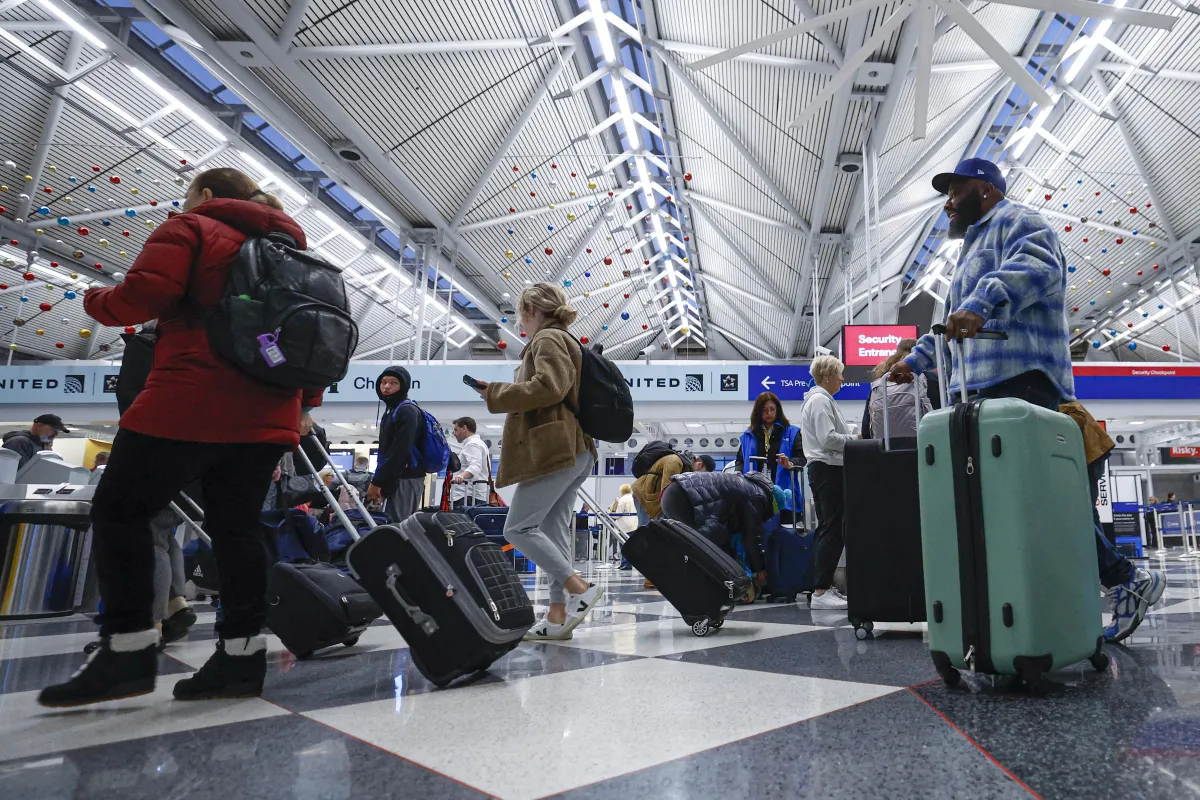
The Republic of the Congo reported overstay rates exceeding 29 percent for business travelers and 35 percent for students. Equatorial Guinea’s student visa overstay rate was notably high at 70.18 percent.
In Eritrea, the U.S. has no access to criminal records, and the country refuses to repatriate deportees. Haiti had overstay rates above 31 percent for business travelers and lacks a central law enforcement authority, contributing to what officials describe as a migration-driven national security risk.
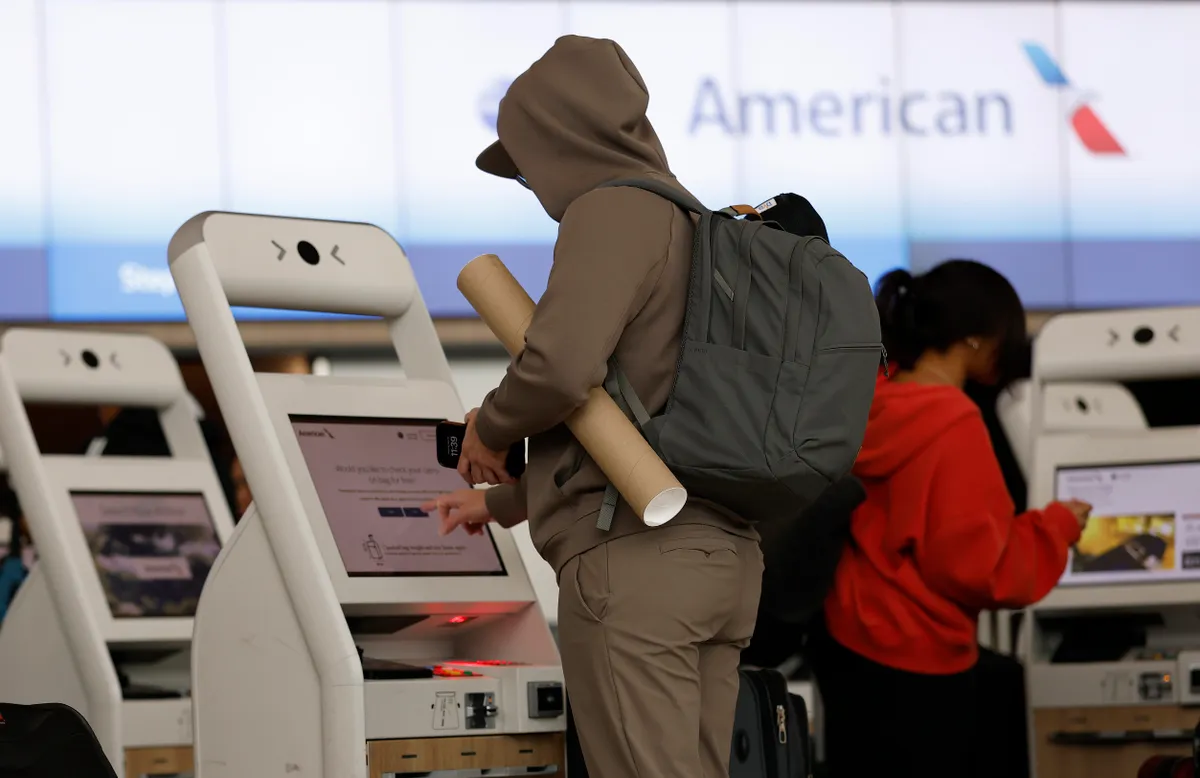
Iran and Cuba are designated state sponsors of terrorism and are cited for non-cooperation with U.S. law enforcement and refusal to accept deported nationals.
Libya, Somalia, and Yemen are all noted for their lack of central authority and ongoing conflict. Somalia, in particular, is identified as a terrorist safe haven, while Yemen has been the site of U.S. military operations since January 2025.
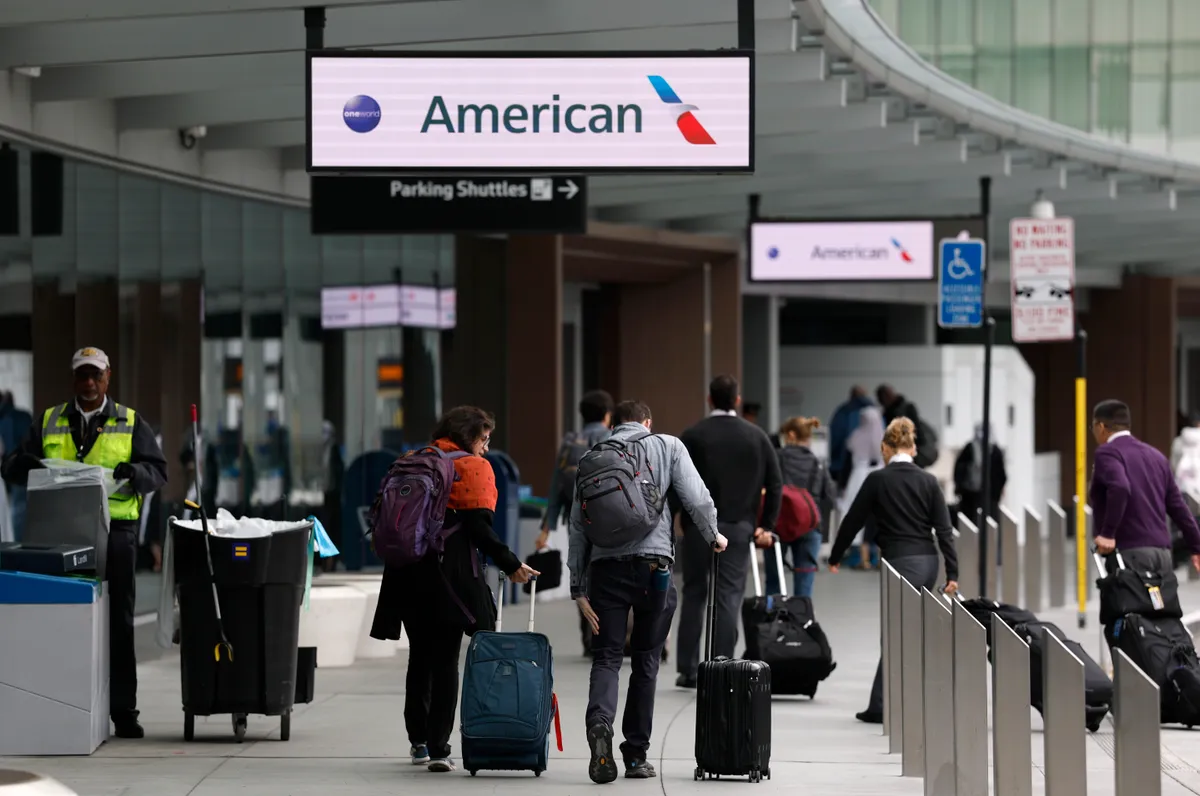
Other countries named in the proclamation face similar concerns. Sudan lacks document integrity and reported overstay rates above 26 percent.
Burundi, Laos, and Sierra Leone posted significant visa overstay rates and failed to accept back removable nationals. Togo and Turkmenistan demonstrated similar patterns of non-compliance. Venezuela, amid political instability, lacks a competent civil authority and recorded a B1/B2 visa overstay rate of 9.83 percent.
While the restrictions are firm, the administration emphasized they remain conditional. The U.S. government may revise or lift them should the affected countries demonstrate improved cooperation and compliance with security and immigration protocols.
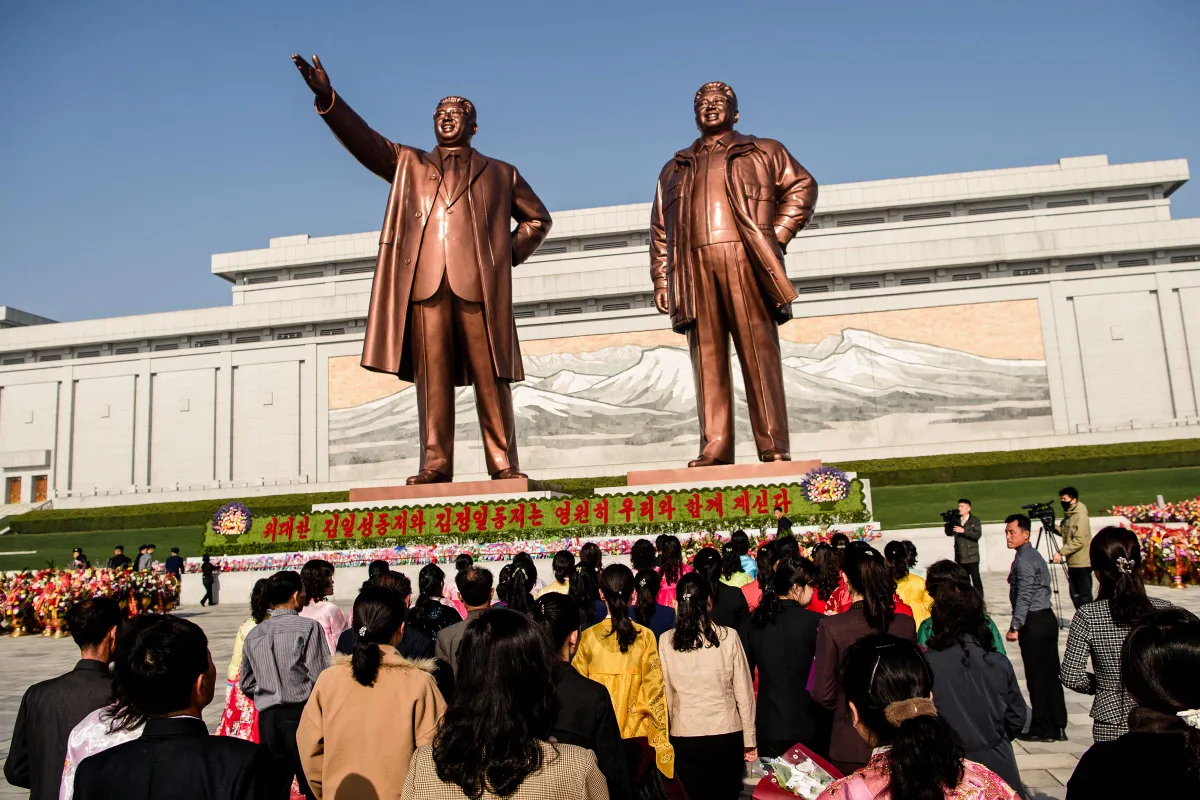
The ban is set to take effect on Monday, June 9, 2025, at 12:01 a.m., providing a brief implementation window designed to avoid the confusion and airport disruptions that accompanied a similar policy rollout by Donald Trump in 2017.
Previously, the Trump administration issued an updated travel advisory including North Korea, urging Americans to remain vigilant and informed in response to escalating global security concerns.

The U.S. Department of State has updated its highest-level travel advisory, adding North Korea (NK) to its “Level 4: Do Not Travel” list. The update, issued on April 29, 2025, brings the total number of countries under the most severe warning to 21.
The advisory warns, “Do not travel to the Democratic People’s Republic of Korea for any reason,” citing the ongoing risk of “arrest, long-term detention, and the threat of wrongful detention of U.S. nationals.”
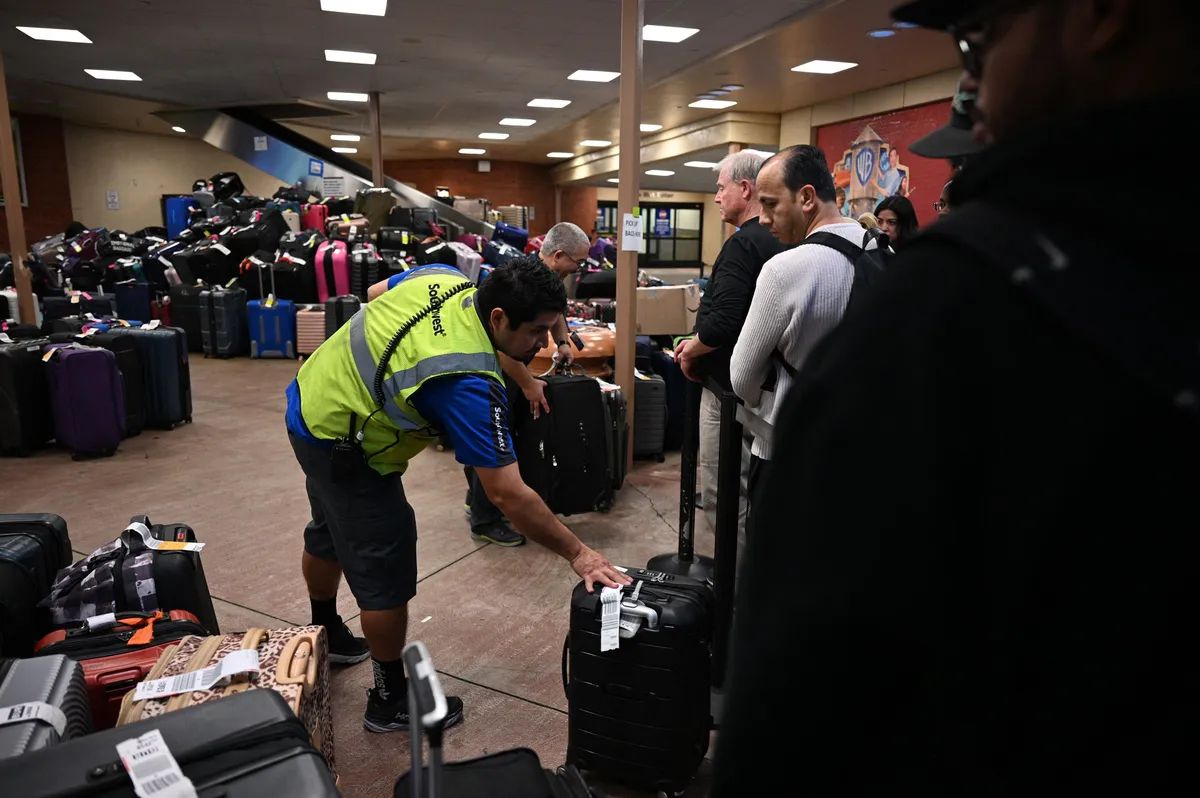
U.S. passports are not valid for travel to NK unless specially authorized by the Secretary of State — exceptions that are granted “only in very limited circumstances.”
In addition to legal restrictions, the U.S. government cannot directly assist its citizens in North Korea due to the absence of diplomatic relations. Sweden serves as the U.S. protecting power in Pyongyang, but is often denied access to detained Americans. “The U.S. government cannot guarantee your release,” the advisory notes.
Travelers who receive special authorization are urged to have contingency plans in place and “draft a will and designate appropriate insurance beneficiaries.” The state also emphasized that the Centers for Disease Control and Prevention (CDC) website provides the latest Travel Health Information for travelers going to and from the United States.
North Korea’s inclusion reflects broader risks that guide Level 4 travel designations. These advisories apply to countries where threats to personal safety are extreme, often due to armed conflict, terrorism, civil unrest, or weak infrastructure.

